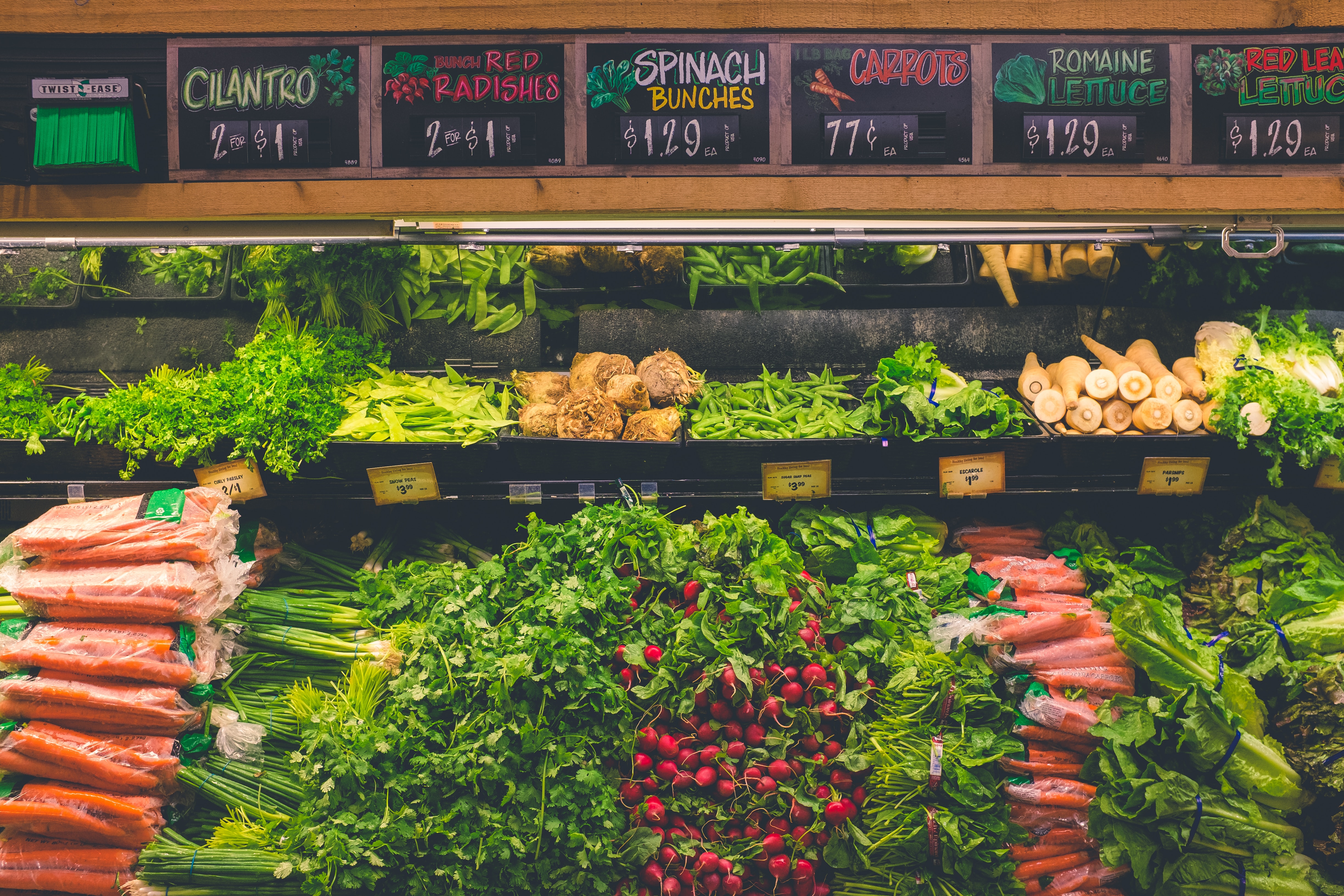 People seeking to eat a healthy diet often come face-to-face with cost and affordability. This conflict between cost and personal value becomes one of the most frequently used excuses to deter one from pursuing a lifestyle change, or in many cases, convince one that their eating habits are justified.
People seeking to eat a healthy diet often come face-to-face with cost and affordability. This conflict between cost and personal value becomes one of the most frequently used excuses to deter one from pursuing a lifestyle change, or in many cases, convince one that their eating habits are justified.
Making a comparison on the surface level, it seems an easy choice to choose a sandwich from the dollar menu, especially when there is a need to feed multiple mouths, it seems only logical to buy four sandwiches with fries for the price of a bottled smoothie or juice. It also seems logical to opt for the $1 loaf of bread rather than spend $3 to $5 on a loaf of organic whole grain bread. The choice may seem simple when it comes to that price on the sticker, but the value lying beneath that choice runs deep. So now we are faced with the conflict of cost verses value.
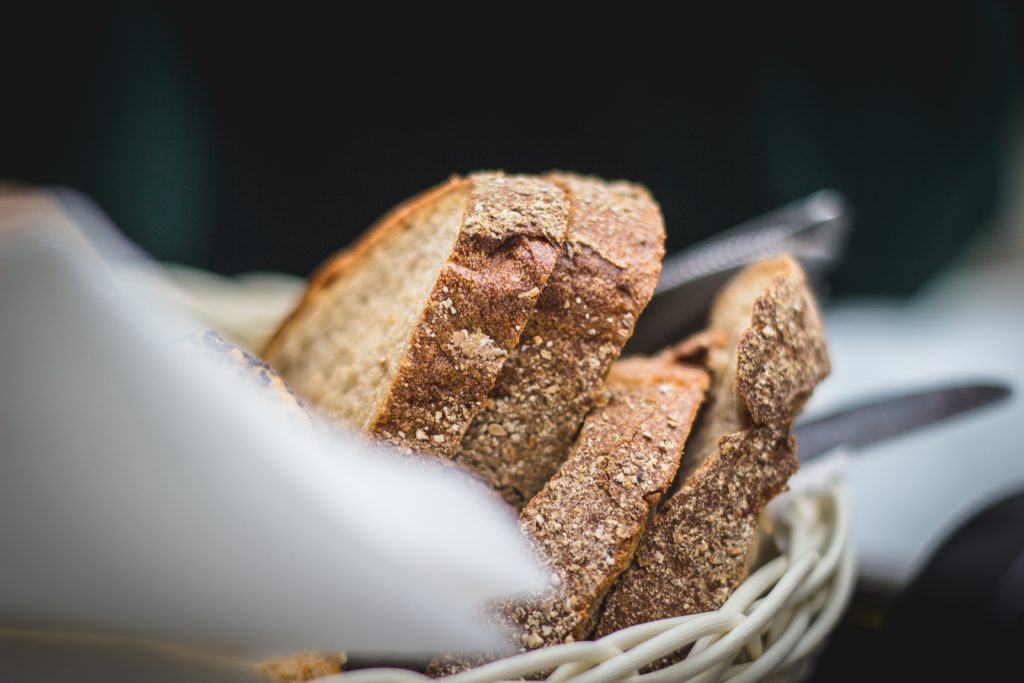
Cost is a mathematical concept. What the numbers are set to is what the numbers are. Value on the other hand encompasses more than just numbers. Value encompasses a personal element. The value of what we eat includes taste, nutrition, short-term health effects, and long-term health effects. These are four areas that many living in lower-income households have not had proper education on in order to make effective decisions. Without looking at these areas, choices will be made solely on cost. It takes a complete lifestyle change in order to understand the value of your food decisions. This means more reading, more self-control and more awareness. Fortunately, making a small change in your food choices helps jumpstart that lifestyle shift.
Growing up in generational low-income families we had little exposure to a variety of foods and the depth of our taste palate. The bulk of our eating was jam-packed with sugars, salt, and harmful fats. Our palate became limited to these tastes and mouth feels. Without any observance that these food choices that our families have made were the culprits of generational illness, we indulged and believed that it was the standard of good healthy eating.
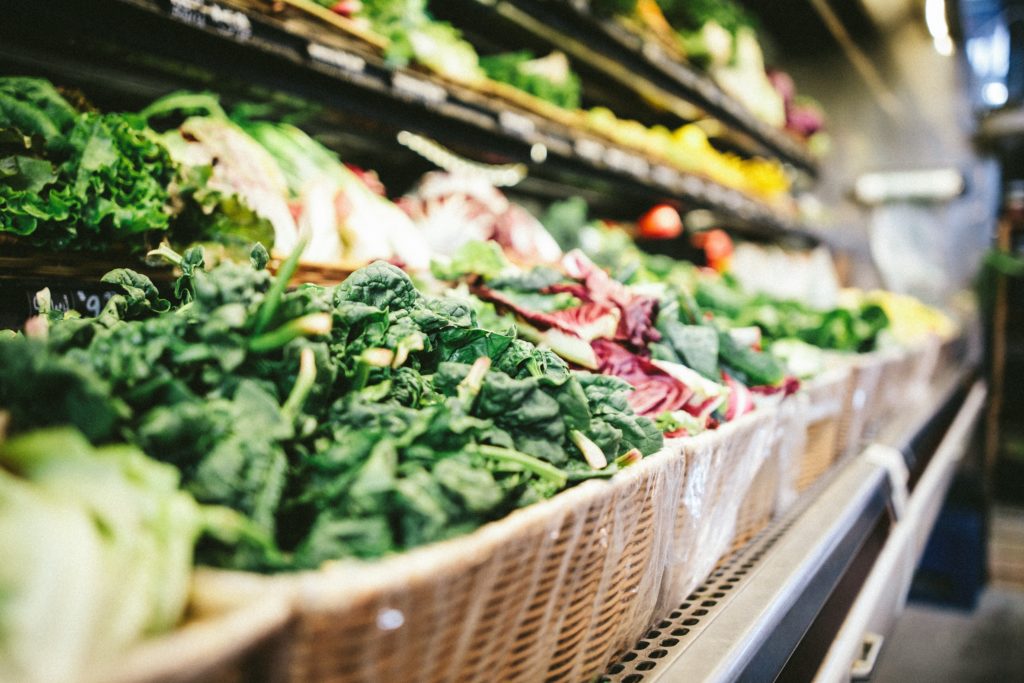
Now it is true that fat, sugar, and salt brings an addicting amount of flavor to food, but this is at the cost of deeming our palate ineffective. Almost every person who we have come across who has given up or limited their eating of meat, dairy, and processed foods can be quoted saying, “I can taste now.” Many mentioned that they didn’t know that they did not taste their food.
This is all to say that personally we had to first become aware of our addiction then we had to become more educated in order to build the self-control in all areas of our lives so that we will have the ability to make effective food choices without focusing on cost, but focusing on value.
Looking at the nutritional value of our food forces us to look at short-term and long-term effects. Fortunately now it is common knowledge that what we put into our bodies affects our health. In the short-term, many people are living with allergies to foods that make them immediately sick. Often people do not know that they have a intolerance or an allergy, and often times when it is known, it may not be known that the specific allergen is contained within a processed food that they are eating.
Making the correct food choices can prevent the need for purchases of pharmaceutical drugs, saving you and your family money or allowing you to redirect it to a better place. Likewise in the long-term, poor food choices pay for our ticket to illness and disease later in life. Poor food choices also lead us to overpriced hospital visits, high health insurance, high life insurance, and often times the high cost of death at extremely young ages. We can pay for our health now, or we can pay later, but we must question if we want to take the risk of paying later with more than just money — but also our quality of living. Those who are low-income already know how to make sacrifices in order to survive. It is time to make the correct sacrifices and to no longer sacrifice our health.
There are a variety of reasons that healthy whole foods are more expensive. These include supply and demand, cost of production, company sizes, and government support. To be short, collective cooperation is what makes the biggest impact. The Montgomery bus boycott came with many personal sacrifices, but without each uncomfortable sacrifice the collective would have never been and the impact to the larger entity would have never occurred. This is the same energy that must be used to reshape our food system in order to balance out the cost of healthy food.
In the meantime, there are things that can help ease the cost of eating healthy.
- Shop at more than one store: Shopping around, and knowing your stores help with the cost of your purchases. Know who carries your key items for the better price.
- Buy less meat: A more healthy diet means putting less meat on your plate. Historically meat was used as a food for special events. Make plant-based items and whole foods the bulk of your plate if not all. Not having to buy meat will help offset your overall grocery cost.
- Budget: Humans are survivors; we do what it takes to survive. Start looking at budgeting your overall life. With awareness you will find something that is not necessary in your life and be able to shift your budget to fit better with a healthy lifestyle. Also when you budget, you only are able to use what is in your budget, therefore you are forced to find the best healthy choices within your budget. As a survivor, you will learn to live with your sacrifices, especially when your sacrifices have great value.
- Cook large amounts, but eat small portions. The connection between our stomach and mind is another thing that has deceived us. We often think that we are hungry when in reality we have enough food. Food is for gaining the nutrients that our bodies need. When we choose foods that have those nutrients, we find that our bodies do not need as much food as we think.
All the best,


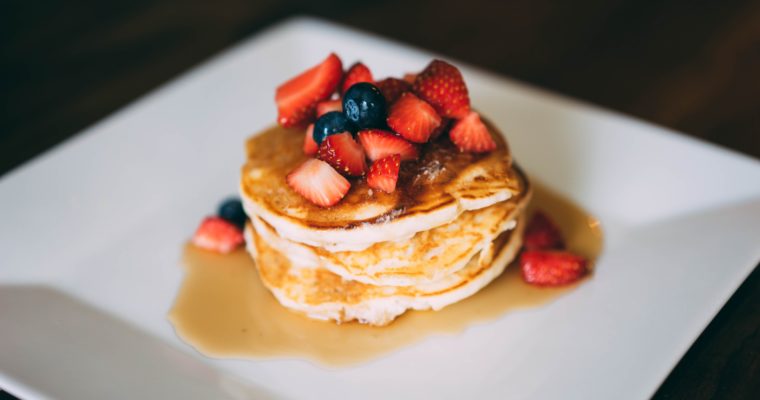

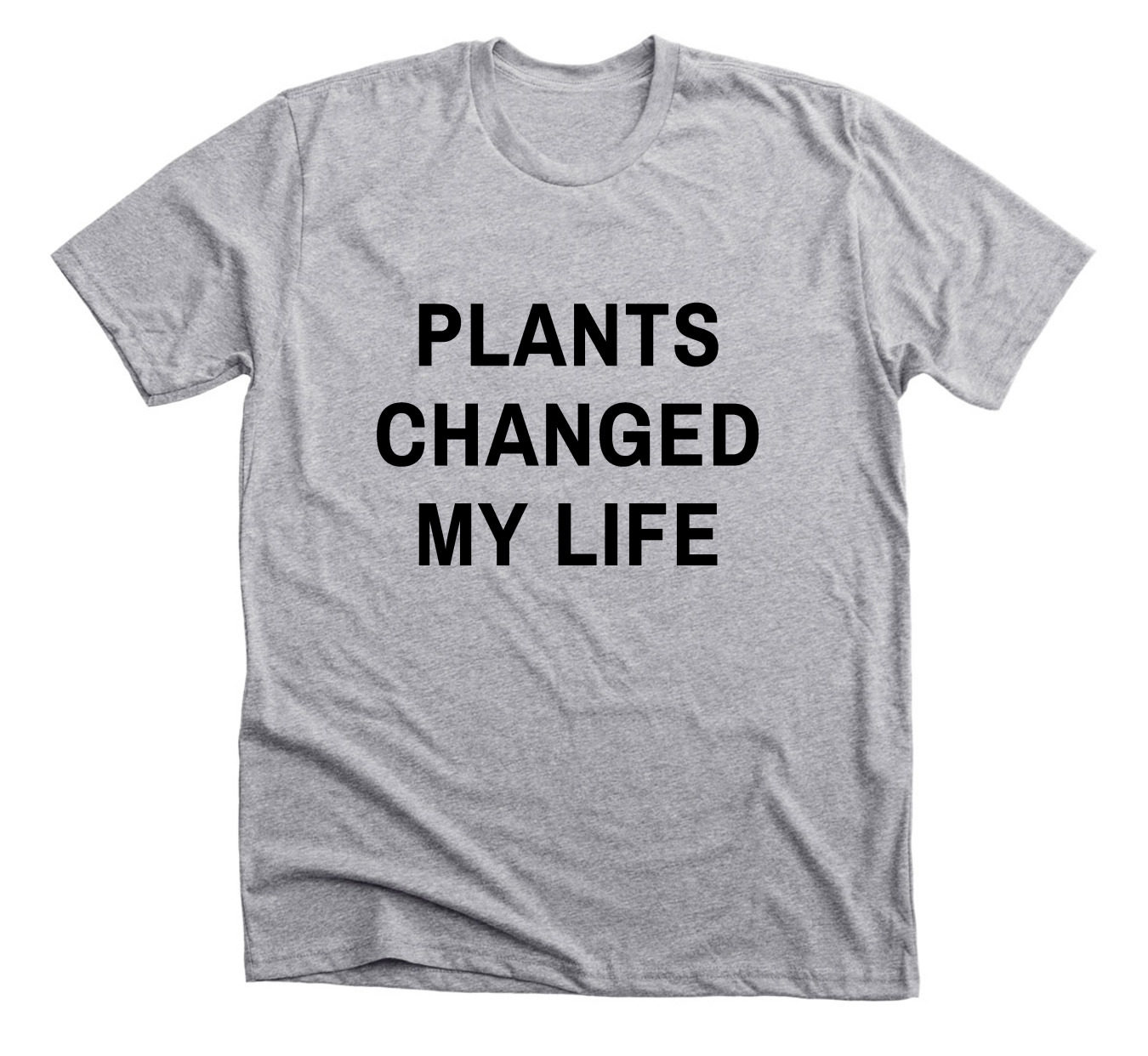
You must be logged in to post a comment.